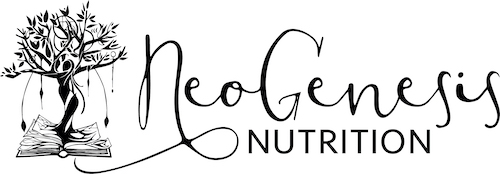Alcohol is something that many people enjoy. It seems like every other day the media is saying that alcohol has health benefits and then shortly after telling us that it doesn’t. It just depends on who is paying for the research and the commercials at the time. One day, a glass of red wine increases the risk of dying sooner and the next it help you live longer. No wonder everyone is confused. The truth likely lies some place in between complete abstinence and moderate consumption. Alcohol is both a tonic and a poison. The difference is likely to be found in the dose.

One drink, according to the UN National Institutes of Health, is considered to be about 0.5 ounces or 15 grams of alcohol. This would look like a 12 ounce beer, 5 ounces of wine, or 1.5 ounces of 80 proof distilled spirits. The USDA suggests that up to one drink per day for women is safe and for men, it’s two drinks daily. Heavy drinking is considered 3 drinks or more on any given day. No health benefits were noted at heavy consumption during any point in the study.
One population that often drinks heavily are college students. I saw this first hand while I attended classes for my undergraduate program. Every weekend was pretty much the same thing. Fraternity and sorority members – and some non-associated individuals, would spend their entire weekend getting hammered. Weekend after weekend they would drink themselves into a blur. Even back then I wondered what the physical result of all of that alcohol would be.

Well, this study basically nailed it. Heavy alcohol consumption impairs cognitive performance. Have a major exam? A huge project? That heavy drinking could impair performance by reducing the conversion of essential B-Vitamins to their active forms. In addition, B1 is often deficient in alcoholics. Thiamin (B1) is essential for glucose metabolism as it is the vitamin that allows our body to use carbohydrates as fuel. It also plays a key role in muscle and nerve function, most importantly, heart function. Thiamin is also essential for the metabolism of pyruvate, which is part of the energy cycle of the body. Have no energy? Maybe this is the culprit, especially if you drink often!

Magnesium is another nutrient that is often lost to increased alcohol consumption. Magnesium is most commonly known for muscles but it is also important for heart (which happens to be a muscle!) function. It is also important for sleep, combatting asthma, reducing high blood pressure, improving digestion and alleviating constipation, blood sugar regulation and bone health! Alcohol consumption isn’t worth it!
Now there are benefits of resveratrol – active component in red wine that has triggered health benefits – but it’s much better to get a concentrated supplement for this one. Be careful if you are estrogen dominant or on birth control pills as resveratrol has mild estrogenic properties. Alcohol also has estrogenic properties.
Many of the women in my practice have estrogen dominance so I remove alcohol from their diet.
Alcohol really should be a once-in-a-while kind of thing. The health benefits that one might receive from a drink don’t outweigh the critical nutrient depletion that can occur. Skip the cocktail and grab a mocktail. Only ones who will know are the ones who are still sober at the end of the evening with you!

